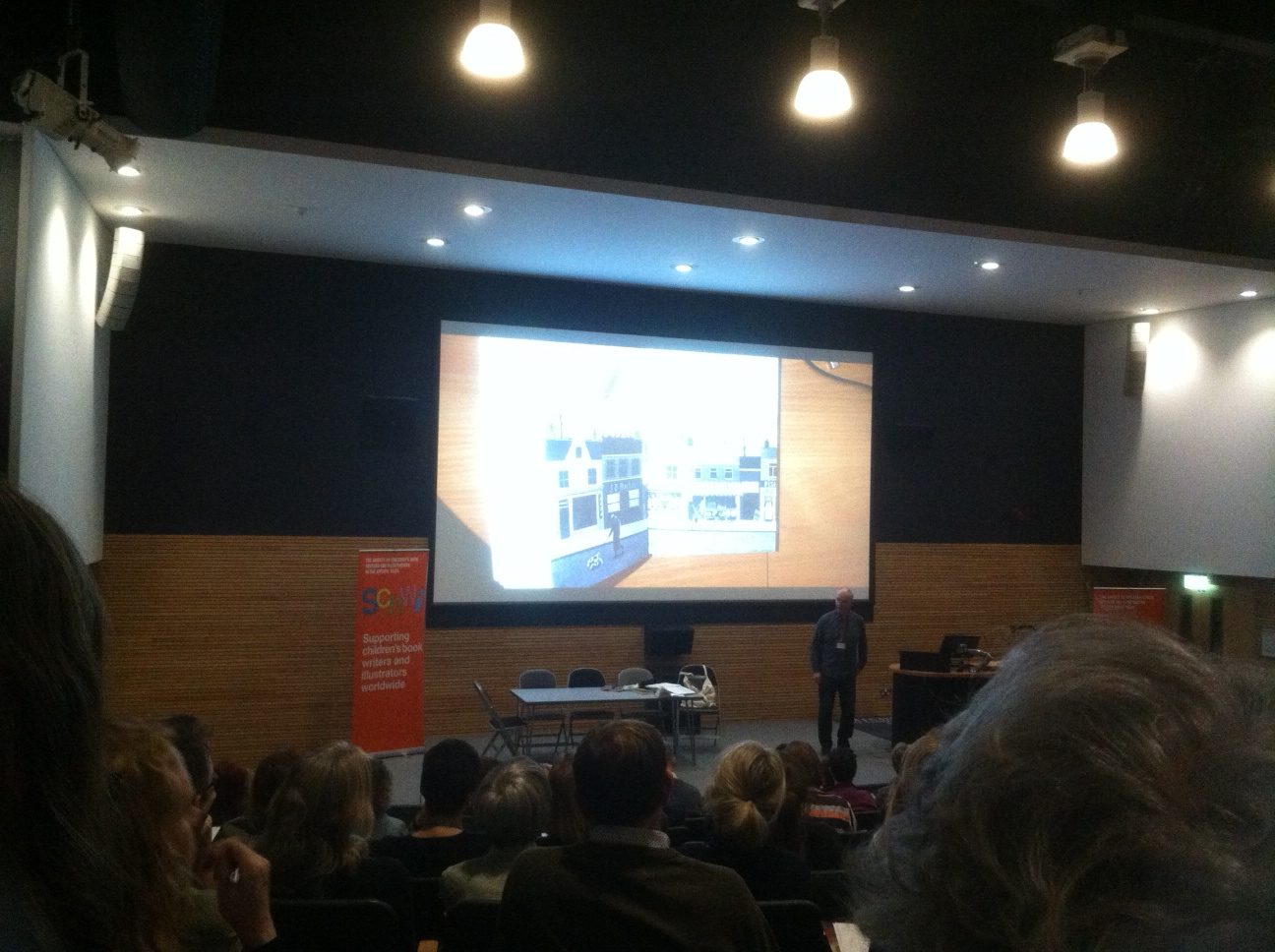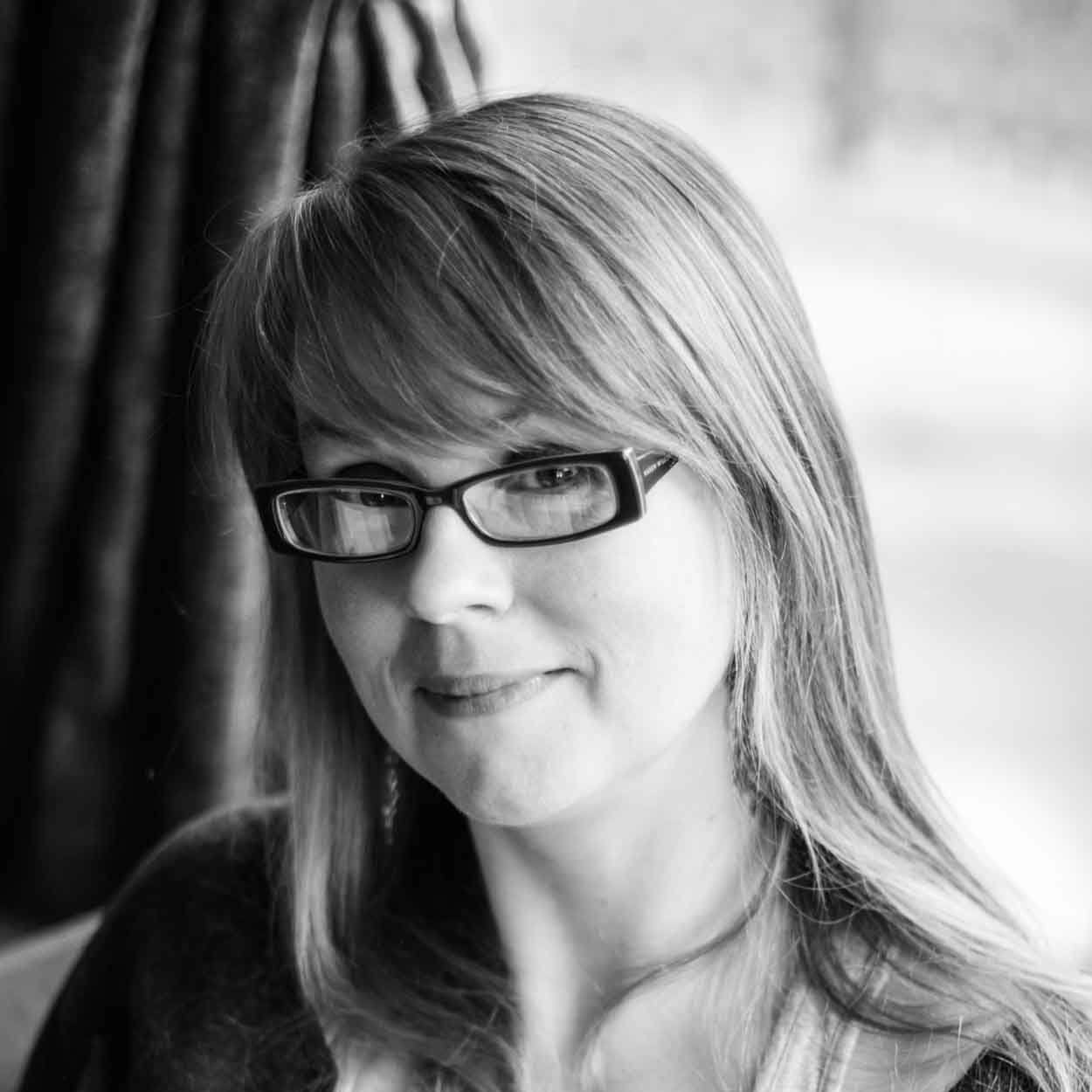The great writer, David Almond, was the keynote speaker at the SCBWI Conference I went to this weekend.
Until a couple of weeks ago I’d only heard from others that he was a great writer, but I discovered it for myself when I decided to do some conference prep and read “Skellig”.
It shocked me. It was beautiful and magical, but it was ambiguous. What was real and what wasn’t? I had to read up on it afterwards to check I hadn’t missed something. What exactly was Skellig? An owl/angel/man? How is that possible? Where had he come from? How had he ended up in Michael’s garage? Why had he got into such a state? Where did he go to at the end? So so many unanswered questions!
Then I read “The Boy Who Climbed Into the Moon”. Crazy impossible wonderfulness.
Finally I read “A Song for Ella Grey”. More ambiguity. Who was Orpheus? Was he truly human or a mythical figure in human form? Did he really go into the Underworld to try and get Ella back or was it a seemingly real experience in his grief-crazed, desperately hopeful imagination?
Do the answers to any of these questions even really matter?!
“Of course this is happening inside your head, Harry, but why on earth should that mean that it is not real?” Albus Dumbledore
(One of my favouritest quotes and the basis of a middle grade story I’ll write one day, maybe soon!)
I realised that I didn’t actually need answers in order to enjoy David’s stories and be stirred by the emotions and experiences in them. Feeling without fully understanding is no less valid a human experience than knowing for sure.
Much as I loved Skellig though, I doubt it would be published as a debut novel nowadays. Even with the beauty of its prose, I’m almost 100% certain that editors/critiquers would say – “you need to explain this more” or “it needs to be clearer what’s actually happening here”.
Perhaps I’ve been to too many workshops or studied too many books on writing. I’ve become confined by structures, essential story elements and tick boxes of what editors/publishers want. Society has become obsessed by STEM (Science, Technology, Engineering and Maths) and only values what is quantifiable and provable.
David Almond was balm for writing souls. I almost cheered out loud when he said that everyone is part imagination and part physical. They overlap, making up our wholeness.
He showed us the amazing chaotic creativity of his notebooks. He inspired us to trust our instincts, to allow the fullness of our minds to keep pushing outwards, not to limit ourselves.
He made me feel that I could dig deep and be unafraid to release wonderful unexplainable imaginative writing from my heart.
*happy sigh*
If only the conference had ended at that point.
(To be continued…)
Similar Posts:
- None Found


 Hi, I'm Mel (you figured that out already though, right?!) and this is where I chat about things that relate to and inspire my writing, as well as share some of it.
Hi, I'm Mel (you figured that out already though, right?!) and this is where I chat about things that relate to and inspire my writing, as well as share some of it.